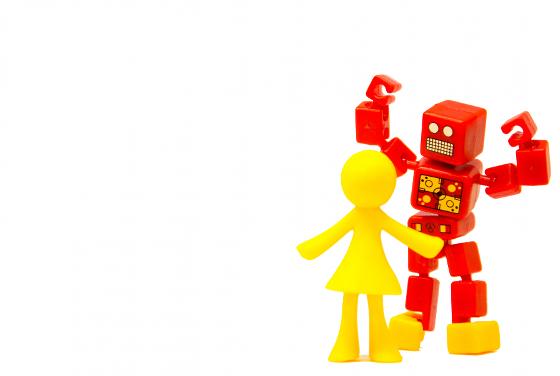The Arctic Childhood Study
A study of violence and health in indigenous Sami and non-Sami children and youth in Arctic Norway - The Arctic Childhood Study (ArcSafe)
The Arctic Childhood Study aims to fill a major gap of knowledge about the experiences of abuse and neglect among indigenous Sámi children and youth. The proposed study is the first longitudinal research project of its kind in Norway with a particular focus on all forms of violence against Sámi and non-Sámi children and youth in the high north, including the conceptual framework for implementing Indigenous methodology. The study is especially relevant to the Arctic and Sub Arctic region of Norway as violence exposure rates are higher in the north.
Beyond developing a better understanding of the social determinants of violence and its consequences, the proposed study explores cultural risk and protective factors and their relation to abuse, neglect, health, and wellbeing. These resilience dimensions will help to garner new knowledge about how to mitigate violence exposures of Arctic children and youth. Culturally appropriate and effective prevention approaches are lacking for indigenous children and youth.
Methods: The study has a mixed methods design, including process evaluation of pilot-study, and combines qualitative and quantitative data, applying Indigenous collective-informed research. Research activities includes scoping review of abuse and neglect among youth in the Arctic, languages translation of I-Cast questionnaires, pilot-study of Norwegian and Sámi languages questionaries with focus group discussions, and main study with predominantly longitudinal cohort study design, using questionnaire school-based surveys with long-term follow-up in order to explore a broad range of child maltreatment, mental and somatic health, resilience and coping, social-, family, and school function, and culturally specific experiences. Participants will be recruited from lower- and upper Secondary schools in the Arctic and Sub-Arctic areas of Norway where the majority of the Indigenous Sámi people live The study will include adolescents in the age range from 12 to 19 years and follow-up through young adulthood up to 24 years of age. Data are planned to be collected from adolescents at four time points at a three-year intervals. Pending written consent, the participants' answers over 16 years will be linked to relevant national registers, which make it possible to examine predictive factors and outcomes, such as the use of health services, health status, prescription medication, education, school drop-out, criminal records and labor force participation. Pending ethical approval, the study will incorporate a self-administered, non-invasive buccal swab collecting bio-samples from participants for genetic analyses in order to examine genetic risk scores methylation profiles to better understand the predictors and consequences of child maltreatment and promote resilience based interventions.
Discussion: The design of the study, with a strong focus on indigenous methodology, facilitates the involvement of Sámi youth and non-Sámi youth and will contribute to the development of a better understanding of violence and its consequences. The proposed study explores cultural risk and protective factors and their relation to abuse and neglect in order to gain knowledge about how to prevent and intervene in negative exposures among Arctic children and youth. Culturally appropriate and effective prevention and intervention approaches are needed for indigenous children and youth. The results of the study may have implications for families, advocate groups, school professionals, health sector, administrators, and policy makers responsible for early identification and prevention programs in child and adolescent health sectors in Norway. The results of this investigation can be used to design appropriate and maximally beneficial intervention strategies to reduce and prevent violence.
Keyword: Violence, Neglect, Maltreatment, Resilience, Mental health, Youth, Sámi, Indigenous, Arctic, Norway

